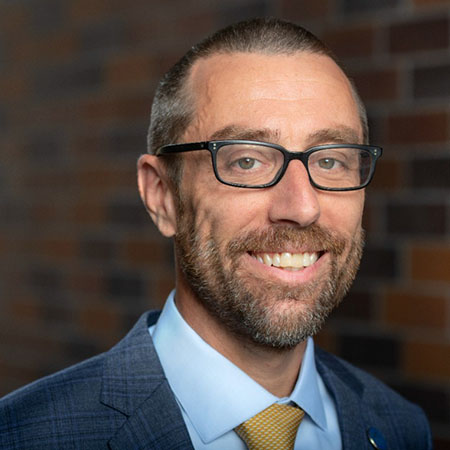Constraint-Based Control Design for Long Duration Autonomy
Magnus Egerstedt
Dean of Engineering, Professor in the Department of Electrical Engineering and Computer Science at the University of California, Irvine

Abstract: When robots are to be deployed over long time scales, optimality should take a backseat to “survivability”, i.e., it is more important that the robots do not break or completely deplete their energy sources than that they perform certain tasks as effectively as possible. For example, in the context of multi-agent robotics, we have a fairly good understanding of how to design coordinated control strategies for making teams of mobile robots achieve geometric objectives, such as assembling shapes or covering areas. But, what happens when these geometric objectives no longer matter all that much? In this talk, we consider this question of long duration autonomy for teams of robots that are deployed in an environment over a sustained period of time and that can be recruited to perform a number of different tasks in a distributed, safe, and provably correct manner. This development will involve the composition of multiple barrier certificates for encoding tasks and safety constraints, as well as a detour into ecology as a way of understanding how persistent environmental monitoring can be achieved by studying animals with low-energy life-styles.
Bio: Dr. Magnus Egerstedt is the Dean of Engineering and a Professor in the Department of Electrical Engineering and Computer Science at the University of California, Irvine. Prior to joining UCI, Egerstedt was on the faculty at the Georgia Institute of Technology, , serving as the School Chair in the School of Electrical and Computer Engineering and the Director of Georgia Tech’s Institute for Robotics and Intelligent Machines. He received the M.S. degree in Engineering Physics and the Ph.D. degree in Applied Mathematics from the Royal Institute of Technology, Stockholm, Sweden, the B.A. degree in Philosophy from Stockholm University, and was a Postdoctoral Scholar at Harvard University. Dr. Egerstedt conducts research in the areas of control theory and robotics, with particular focus on control and coordination of multi-robot systems. Magnus Egerstedt is a Fellow of IEEE and IFAC, a member of the Royal Swedish Academy of Engineering Science, and currently serves as the President of the IEEE Control Systems Society. He has received a number of teaching and research awards, including the Ragazzini Award, the O. Hugo Schuck Best Paper Award, and the Alumni of the Year Award from the Royal Institute of Technology.